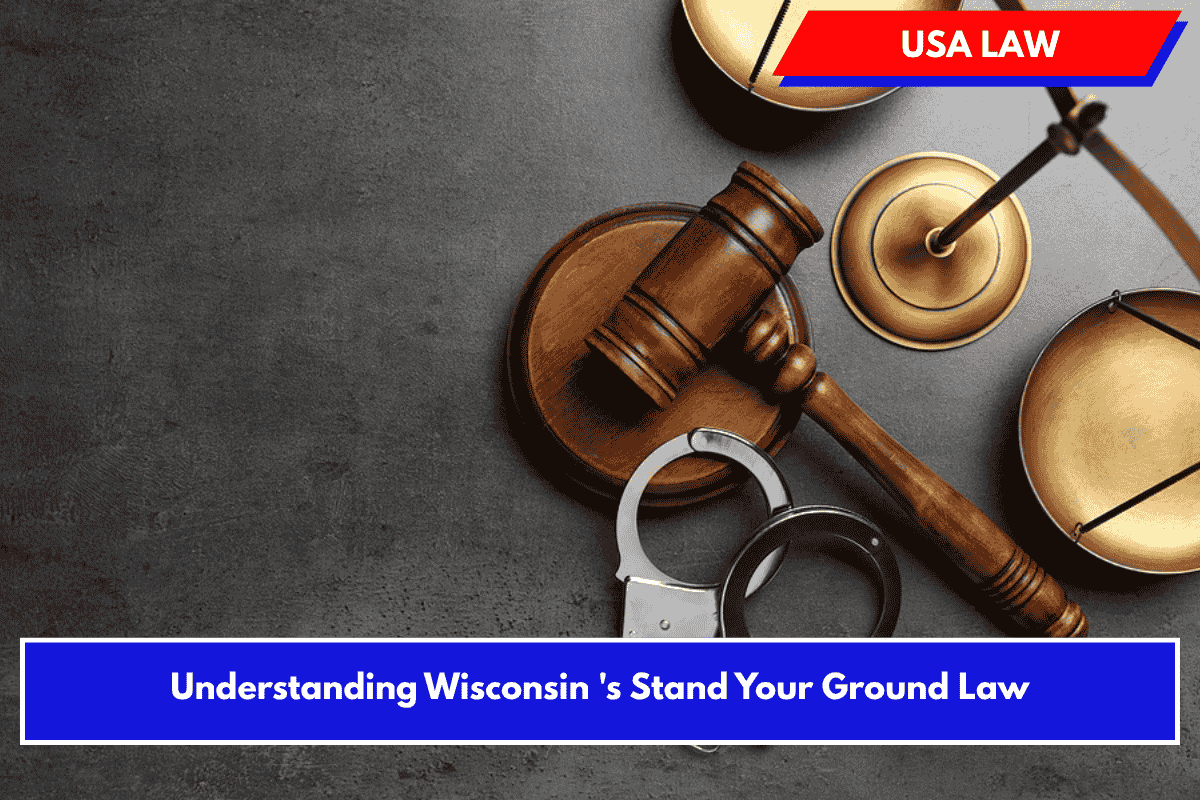Does Wisconsin Have a Stand Your Ground Law?
Wisconsin does not have a traditional “stand your ground” law. Unlike many states, Wisconsin law generally requires individuals to retreat from a confrontation in public if they can do so safely, before using force in self-defense. This means that if you are in a public place and can avoid danger by retreating, you are expected to do so rather than immediately resorting to force.
Self-Defense in Public
- Duty to Retreat: In public spaces, Wisconsin law expects you to retreat from a threat if it is safe to do so. A failure to retreat can be considered by a jury when evaluating whether your use of force was truly necessary.
- Reasonable Force: You may only use force that is reasonable and necessary to prevent imminent harm to yourself or others. Using excessive force can result in criminal or civil liability.
- Legal Standard: The law is interpreted from the perspective of a reasonable person in the same situation as the defendant at the time of the incident.
Castle Doctrine: The Exception
Wisconsin does have a strong Castle Doctrine, which is sometimes confused with stand your ground laws. The Castle Doctrine applies in specific locations:
- Your Home
- Your Vehicle
- Your Business
In these places, if someone unlawfully and forcibly enters (or is in the process of entering), you are not required to retreat. You are legally presumed to have acted reasonably if you use deadly force to protect yourself or others from imminent death or great bodily harm. The law presumes your actions were justified, provided you are not engaged in illegal activity and the intruder is not someone who has a legal right to be there (like a resident or invited guest).
Key Points for Wisconsin Residents
- No Stand Your Ground in Public: You must retreat if possible before using force in public.
- Castle Doctrine Applies at Home, Work, or in Your Car: No duty to retreat if facing an unlawful intruder in these locations.
- Reasonableness is Crucial: All self-defense actions must be reasonable under the circumstances.
- Legal Consequences: Using force that is deemed excessive or unnecessary can lead to criminal charges or civil lawsuits.
Table: Wisconsin Self-Defense Laws
| Situation | Duty to Retreat? | Use of Deadly Force? |
|---|---|---|
| In Public | Yes, if safe to do so | Only if absolutely necessary |
| In Home/Car/Business | No (Castle Doctrine) | Presumed reasonable if intruder |
Wisconsin law provides strong protections for self-defense within your home, vehicle, or business under the Castle Doctrine, but does not extend “stand your ground” protections to public spaces. In public, you must attempt to retreat if it is safe, and only use force when truly necessary to prevent imminent harm. Always ensure your actions are reasonable and justified under the law.
Sources
- https://docs.legis.wisconsin.gov/document/statutes/939.48
- https://en.wikipedia.org/wiki/Stand-your-ground_law
- https://giffords.org/lawcenter/state-laws/stand-your-ground-in-wisconsin/
- https://www.grievelaw.com/WisconsinGun/Laws/CastleDoctrineExplained
- https://collincountymagazine.com/2025/06/07/understanding-wisconsins-stand-your-ground-law/











